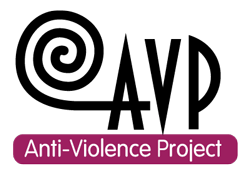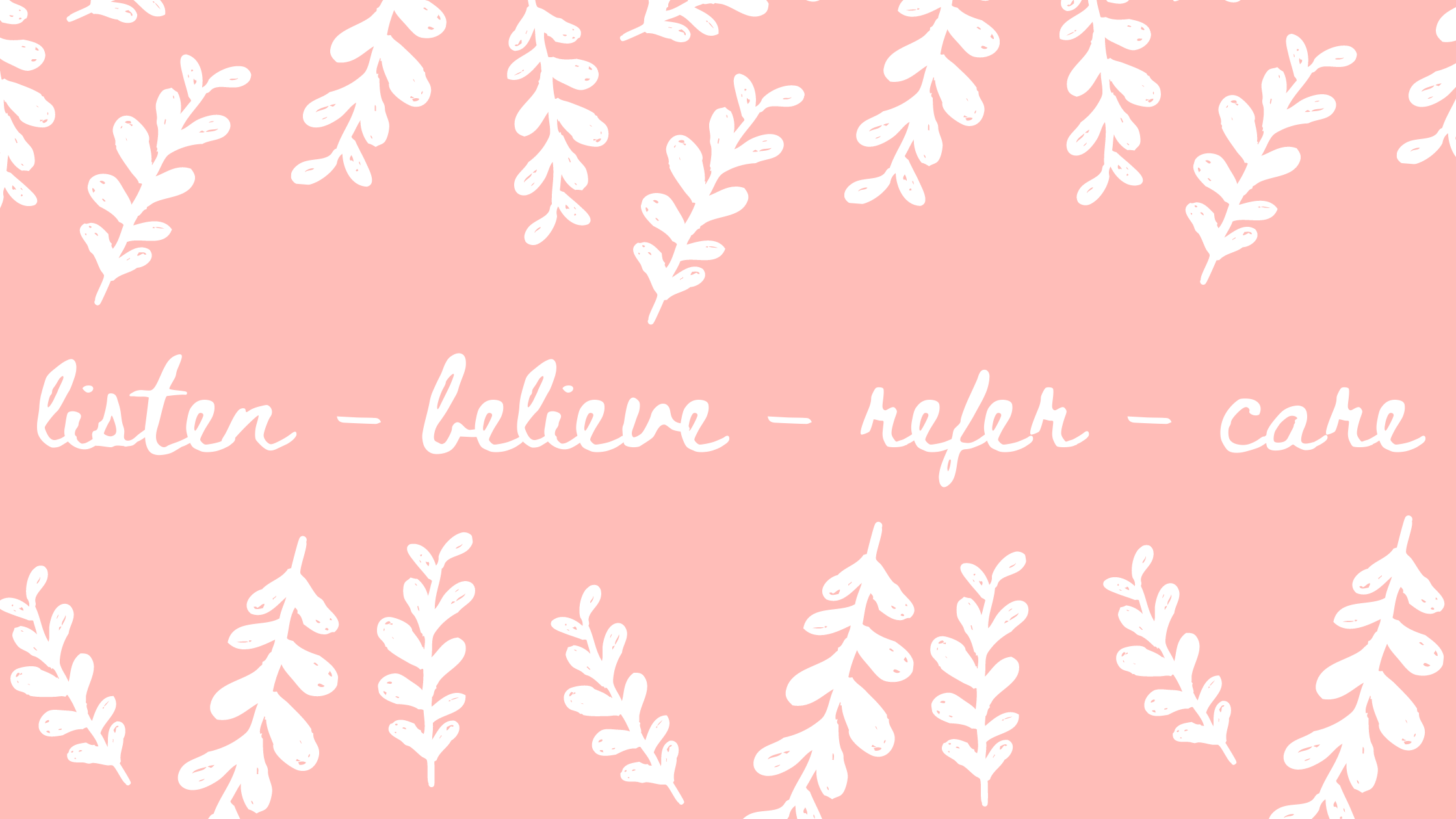9 Things folks supporting survivors of sexual assault should know about reporting
Are you supporting a friend or loved one who has been sexually assaulted? Here are some useful tips on how to talk about reporting with a survivor. We’ve also published a piece specifically for survivors themselves, which you can read here.
This post is specifically about navigating conversations regarding reporting, but we have a more comprehensive approach for how to support survivors called the Listen – Believe – Care – Refer model, that you can read about here.
1. Centre the survivor’s wishes
This is all about what is best for the survivor. What do they want to do next? Some survivors already know exactly what they want to do, and are just looking for you to listen, believe and validate. Others are looking for guidance and might want support from you in making a decision about reporting. It’s important to identify what is being asked of you. Not sure what that is? Try asking, “What can I do to support you? What would you like my help with?”
2. Disclosure and reporting are two different things
A survivor can choose to disclose an assault (meaning tell someone about it), without wanting to report it to the police or other authorities. For many people, sharing an experience and receiving support are integral parts of healing. A survivor has every right to take part in this process without reporting their assault to the police or other authorities.
3. You don’t have to do this alone
It is perfectly okay for you to need or want help supporting a survivor. You can seek this support in many different ways. You might call a sexual assault centre support line with the survivor, and discuss options together. You might seek emotional support yourself through a support line or counselling. You might let the survivor know that you are not in a position to support them, and refer them to services available to them.
4. You can help them find and navigate resources
If a survivor is considering reporting and wants to better understand their options, you can help by searching and compiling information for them. It might be helpful to navigate websites with them, or to put together links or brochures for them to refer to at a later date. You can find information about reporting at sexual assault centres, police stations, university human rights offices (or sexualized violence offices), advocacy groups, survivor support groups, and on the websites of many of these various organizations. For information specific to reporting at the University of Victoria, you can take a look at our website here.
5. Do not rush them
There is no statute of limitations in Canada for sexual assault. Reporting sooner might make the ability to investigate simpler, but it is okay for a survivor to choose to prioritize the need to heal and process first. Do not rush them to make a decision. Allow them to take the time they need. You can check in and ask how you can support them while they’re weighing their options. If they are considering reporting to police, you can suggest that they write down a detailed account of everything they remember about the assault. If the assault was recent and they are considering reporting, you can let them know that they also have the option of seeking medical attention. In Victoria, a forensic exam is available at the Victoria Sexual Assault Clinic for within 72 hours of the assault. They will store the evidence for one year and only release it to police with signed consent of the survivor, meaning the survivor can take time to make a decision about reporting. They also suggest survivors get medical care even if they are choosing not to report.
6. Keep your opinion to yourself (we know it’s hard)
Only share your opinion of what to do next if the survivor asks for your advice. A survivor might want to know what you think they should do. If so, great! Be a friend and share your thoughts – while making sure you leave space for them to make their own decision. If not, don’t push them to do what you think you would do in their position. This is their experience, and it’s important to respect what healing looks like for them.
7. There are lots of reasons survivors don’t report to police
There are lots of reasons people choose not to report to police, including past experiences of violence from police, fear of not being believed, systemic and historic discrimination at the hands of police, fear of criminalization, not wanting to experience a trial, not wanting to criminalize the perpetrator, etc. If a survivor chooses not to report, you don’t need to know their reasons – you just need to accept their decision as valid.
8. Help the survivor take control
Help the survivor get back control over their body, their decisions, their life. Remind them that you are here for them and that you will support them whatever they decide to do.
9. Take care of yourself & access the support you need
Supporting a survivor is hard and taxing. It’s important that you take care of yourself. If you would like help or support, please reach out to AVP. Up-to-date information about how to reach us is available here.







